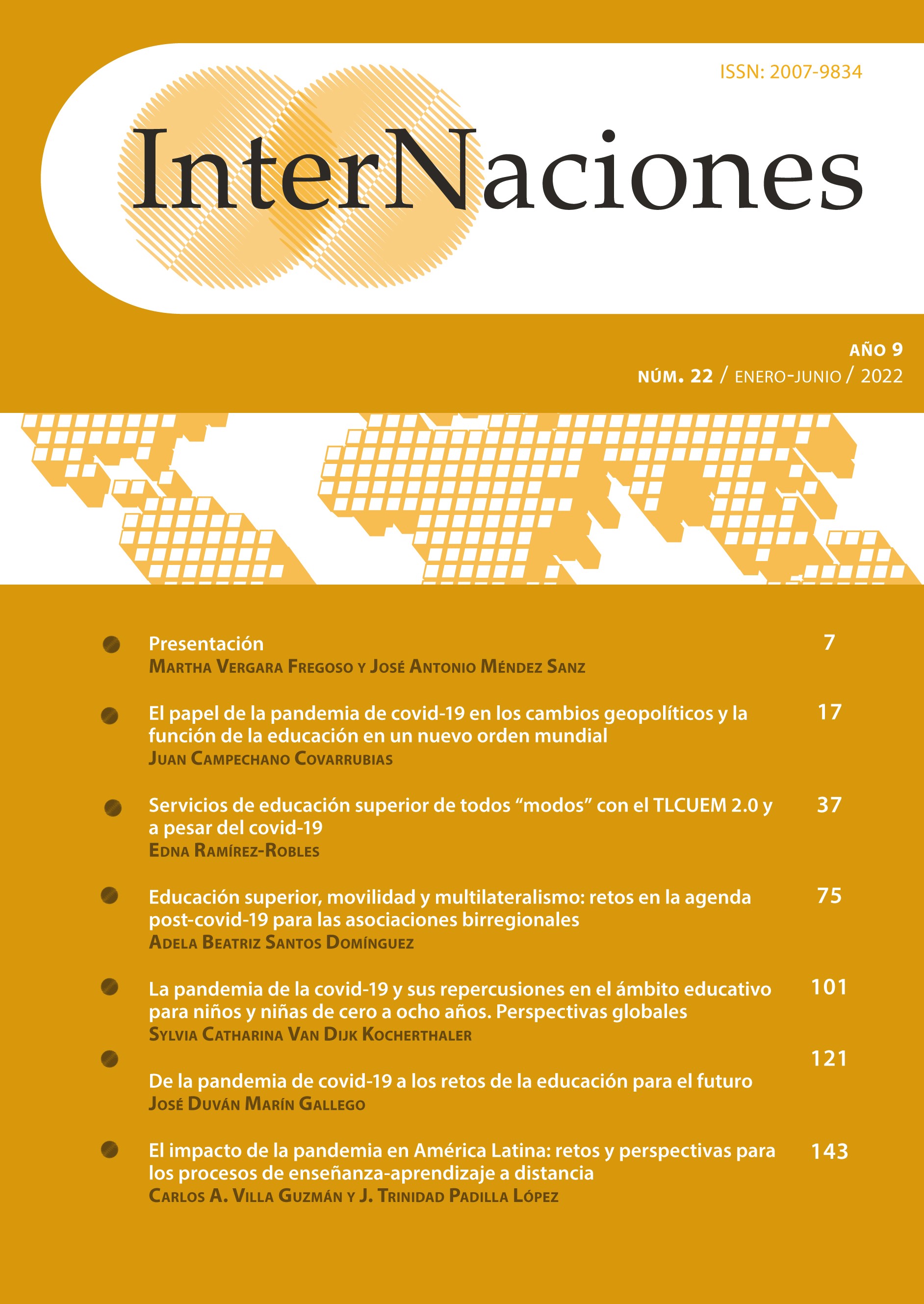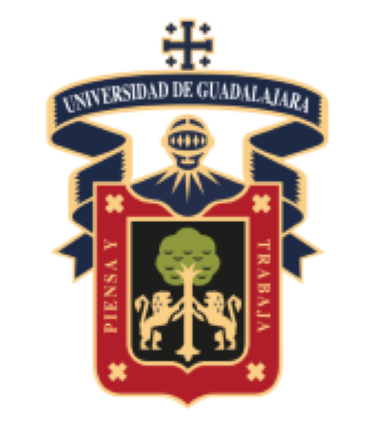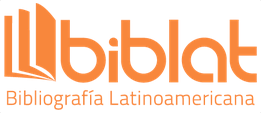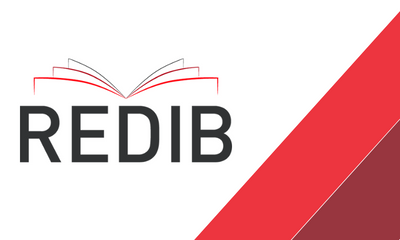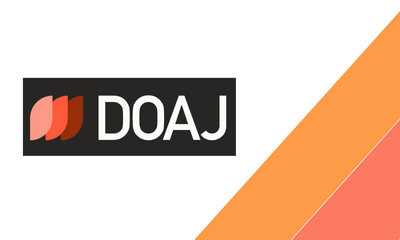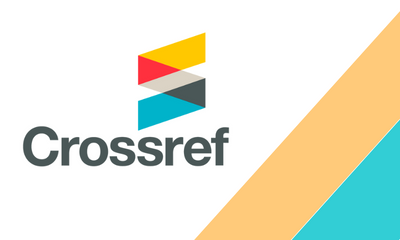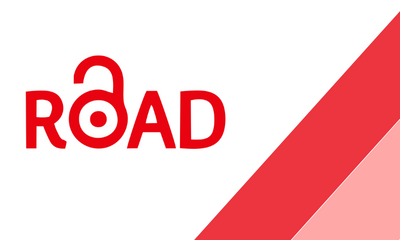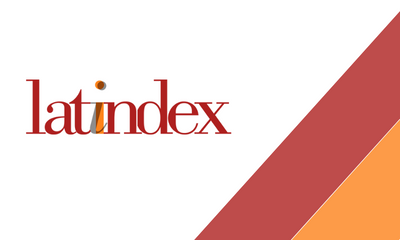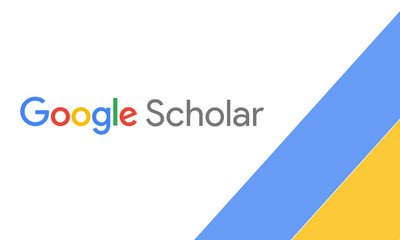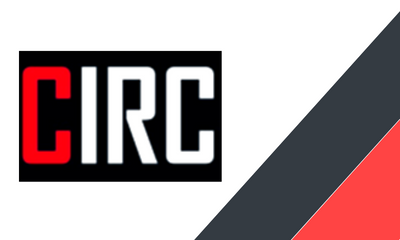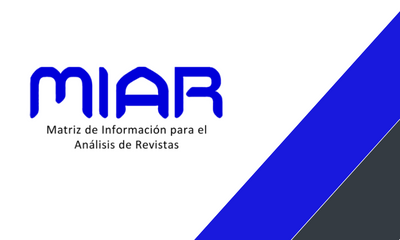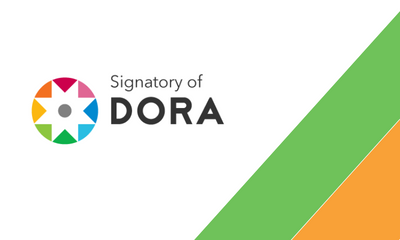Training in critical-reflective thinking in postgraduate courses in education in Latin America in times of covid
DOI:
https://doi.org/10.32870/in.vi22.7216Keywords:
postgraduate education, critical thinking, reflective thinking, education 4.0Abstract
The digital transformation of the 21st century has provided new interactions, tools and opportunities for higher education, proposing to the educational system other models of education that make it possible to level the accessibility and inclusion gaps and guarantee the right to quality education. One of the models is training in critical-reflective thinking due to the benefits in training for citizenship and professional practice in accordance with the globalized world; However, in Latin America there are weaknesses in the coverage and quality of postgraduate education, which adds to the regional difficulties due to the technological capacity installed to benefit from the benefits of digital transformation. This situation motivated the authors to analyze the postgraduate education model in critical-reflective thinking in times of covid-`19, compared to the capacities and opportunities of the region, observed from the training of teachers and students.Downloads
References
Acero Oscar, Gómez Jose, Orduz Marcela (2020) La formación en pensamiento
crítico-refexiva en los posgrados en educación de América Latina: Una experiencia desde el ejercio docente. Fundacion Universitaria JN Corpas. Cap I-IV.Pp 13-27 y 81-92. Bogota.Colombia.
Casillas, Ignacio. (2018).Revolución de habilidades 2.0 Encuentro Internacional de Educación a Distancia. Guadalajara. México.
Cepal (2020) La educación en tiempos de pandemia. https://www.cepal.org/es/publicaciones/45904-la-educacion-tiempos-la-pandemia-covid-19
Freire, P. (1995). Pedagogía del oprimido. Buenos aires: Siglo XXI.
Galvis A. (2020) “Retos multidimensionales para los Entornos Virtuales de Aprendizaje (EVAs)". Tomado de https://www.youtube.com/watch?v=3OkFapZZIZs
García-Peñalvo et al. (2015). Mirando hacia el futuro: Ecosistemas tecnológicos de aprendizaje basados en servicios Looking into the future: Learning services-based technological ecosystems, ESPAÑA III Congreso Internacional sobre Aprendizaje, Innovación y Competitividad (CINAIC 2015).
Giroux, H. (2000). Democracia y el discurso de la diferencia cultural: hacia una política pedagógica de los límites. Kikirikí: Quaderns digitals, 31-32.
Giroux, H. (2000). La pedagogía de frontera en la era del Posmodernismo
Latorre, M. (2018). Historia de las web, 1.0, 2.0, 3.0 y 4.0. Universidad Marcelino Champagnat. Perú.
López-Portillo Romano, José Ramón. (2018). La gran transición. Retos y oportunidades del cambio tecnológico exponencial. México. F.C.E.
Lucia Bravo(2017) América Latina ante una nueva encrucijada. Compiladores Claudio Luis Tomas y Luciana Damian Bilonaga.UAI Editorial. https://www.editorialteseo.com/archivos/14692/america-latina-ante-una-nueva-encrucijada/
McLaren, P. (1984). La vida en las escuelas: una introducción a la pedagogía crítica en los fundamentos de la educación. México D.F.: Siglo XXI.
OEI. (2019). Diagnóstico de la educación superior en Iberoamérica.
Posmodernidad y Educación. En De Alba, A. comp), Posmodernidad y educación, 90-98.
Quintar Estela(2018) Educación Popular y pedagogías críticas en América Latina. Ciudad Autónoma de Buenos Aires : CLACSO. Pp 16-26 http://biblioteca.clacso.edu.ar/clacso/se/20181113022418/Educacion_popular.pdf
UNESCO. (2008). Tendencias de la Educación Superior en América Latina y el Caribe. Caracas. http://flacso.redelivre.org.br/files/2012/08/753.pdf
Valencia, P. O. (2009). La pedagogía crítica: Reflexiones en torno a sus prácticas y desafios. Pegagogía y Saberes, (31), 26-34.
Vélez Gutiérrez, Carlos Fernando. (2013). “Una reflexión interdisciplinar sobre el pensamiento crítico”. Revista Latinoamericana de Estudios Educativos. No. 2, Vol. 9, pp. 11-39. Manizales: Universidad de Caldas http://vip.ucaldas.edu.co/latinoamericana/downloads/Latinoamericana9(2)_2.pdf
Downloads
Published
How to Cite
Issue
Section
License
Copyright (c) 2021 University of Guadalajara

This work is licensed under a Creative Commons Attribution-NonCommercial-ShareAlike 4.0 International License.
CC BY-NC-SA 4.0 https://creativecommons.org/licenses/by-nc-sa/4.0/

